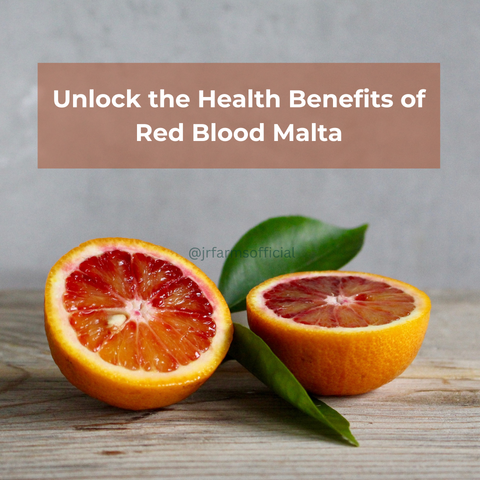
The majority of people used to be unaware of the terms "organic farming" and "organic food," but these days, as more and more people focus on leading healthy lifestyles and eating well, the demand for organic food is rising daily. People are growing more enthusiastic about organic food items and even expressing interest in organic farming as time goes on.
You are here, which means you are also interested in organic foods and farming, so let’s go and understand what is organic farming and what are the benefits of eating organic foods and calm your curiosity.
The majority of people used to be unaware of the terms "organic farming" and "organic food," but these days, as more and more people focus on leading healthy lifestyles and eating well, the demand for organic food is rising daily. People are growing more enthusiastic about organic food items and even expressing interest in organic farming as time goes on.
You are here, which means you are also interested in organic foods and farming, so let’s go and understand what is organic farming and what are the benefits of eating organic foods and calm your curiosity.
What is Organic Farming?
Organic farming is the practice of raising livestock and crops without the use of synthetic fertilizers and pesticides. Among other natural resources, it uses organic matter, green manure, compost manure, and bone meal. Two other techniques that are prioritized in organic farming are crop rotation and companion planting.

Organic agricultural operations are meant to achieve the following goals:
- Improve the water and soil quality.
- Cut back on pollution.
- Ensure that livestock, or farm animals, have a secure and hygienic place to live.
- Let farm animals act in their natural ways.
- Promote the self-sustaining cycle of resources on a farm.
Organic products include Organic Fruits, Organic vegetables, Organic grains, and dairy products like milk and cheese are some examples of these goods.

Here are the 10 benefits of Eating Organic Food Products:
- Pesticide-Free Production: Consuming organic food items guarantees that the stuff you eat is cultivated without the use of artificial pesticides. This lowers the possibility of consuming dangerous chemicals and, by encouraging sustainable farming methods, improves the environment.
- Free from Genetic Modifications: Organic products, including organic grains and vegetables, are free from genetic modifications. This indicates that there have been no changes made to the food's DNA, therefore it is present in its natural state. This is believed to have potential long-term health benefits for consumers.
- No Synthetic Flavour or Colour: Artificial flavors and colors are absent from organic foods. This guarantees that the flavors and visuals found in organic food come from natural sources, making eating them more genuine and pure.
- Good for Soil Health: Organic farming practices prioritize soil health. Organic farming promotes natural processes and stays away from synthetic chemicals, which helps preserve soil fertility, structure, and biodiversity. This supports long-term soil health and the sustainability of agriculture.
- Rich in Nutritive Composition: Organic foods, including organic vegetables and grains, are often richer in essential nutrients. The absence of synthetic fertilizers encourages plants to develop a nutritional profile, providing consumers with food that is not only flavorful but also more nutrient-dense.
- Friendly to Pollinators: Pollinators like bees and butterflies are given priority in organic farming practices. Organic farms foster a more friendly environment for these important organisms by eliminating toxic pesticides to contribute to overall ecosystem health and biodiversity.
- Safe for Farm Labourers: The absence of synthetic pesticides in organic farming makes it a safer working environment for farm laborers. This reduces the risk of exposure to harmful chemicals, promoting the well-being of those involved in the cultivation of organic products.
- Preserving Water Purity: Choosing organic products helps protect water sources from contamination by harmful pesticides. The runoff from conventional farming can have detrimental effects on water quality, but organic farming practices mitigate this risk, promoting cleaner and safer water.
- Environment Friendly: Opting for organic foods aligns with ecological sustainability. Organic farming methods prioritize environmental conservation, promoting biodiversity, reducing pollution, and minimizing the ecological footprint associated with conventional agriculture.
- Protect You from Numerous Illnesses: The consumption of organic food products is believed to offer health benefits by reducing the intake of potentially harmful substances. This, in turn, may contribute to lowering the risk of various illnesses, providing a proactive approach to personal health through dietary choices.

In conclusion, embracing the many advantages of eating organic food is a commitment to a healthier planet rather than just a personal habit of eating healthy and remaining in shape. Organic farming encompasses a strategy that encourages health, environmental sustainability, and a more mindful relationship between customers and the food they eat.




Comments (0)
There are no comments for this article. Be the first one to leave a message!